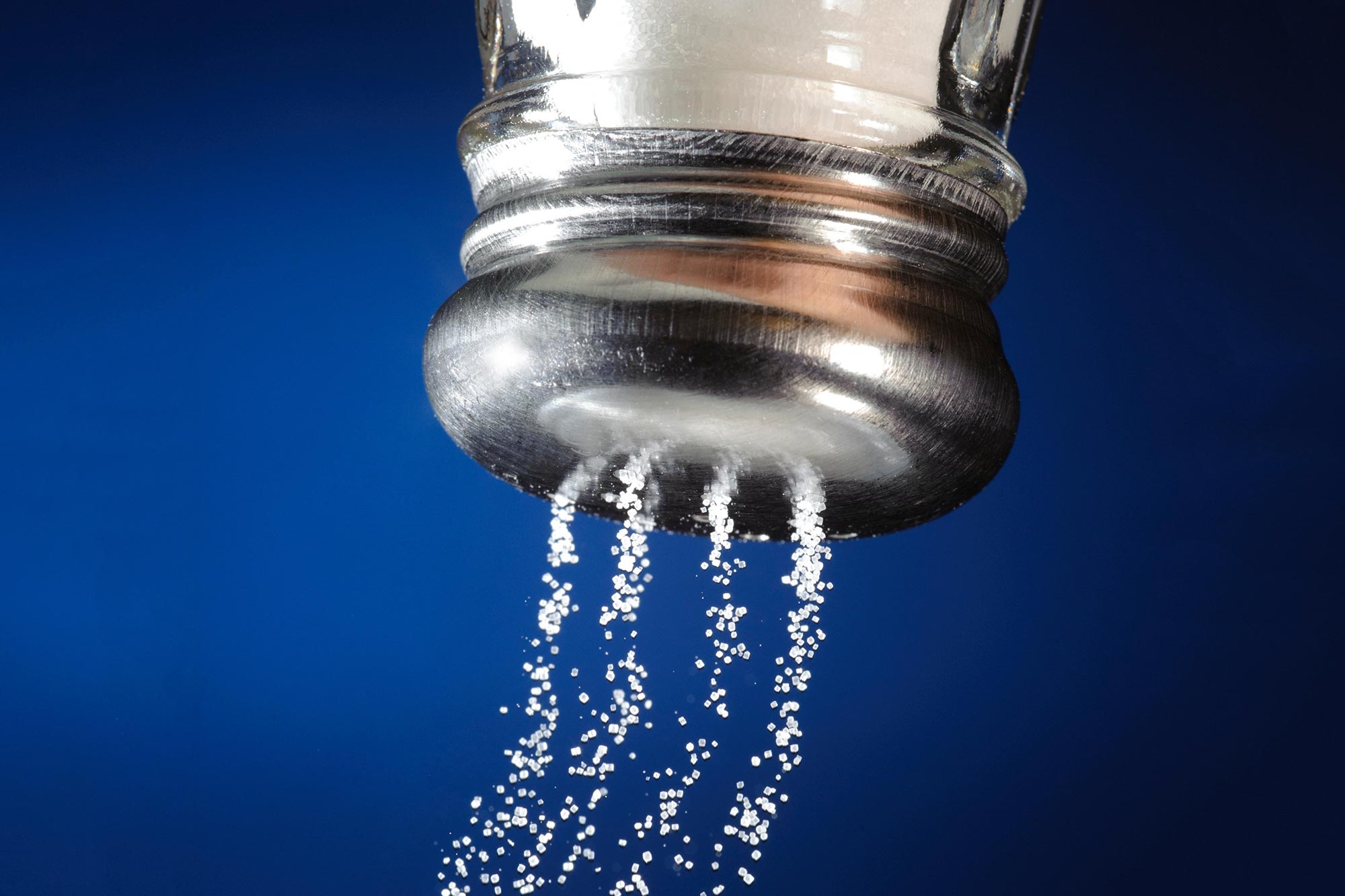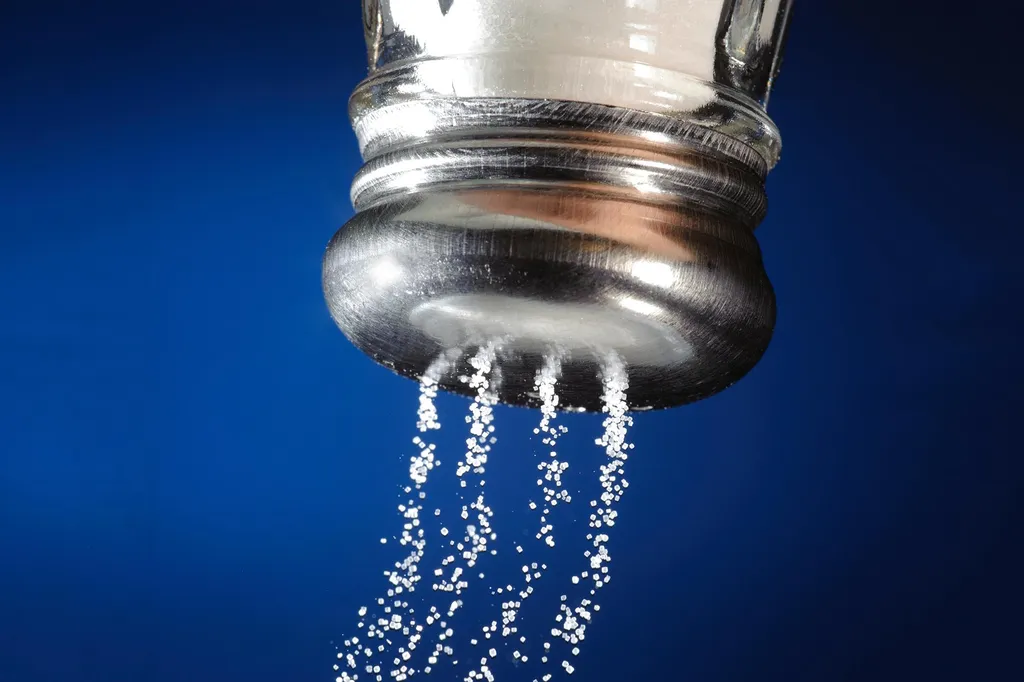

The study found that mothers who consume a lot of salt develop hypertension and cardiovascular diseases.
Pregnant women who consume a lot of salt endanger the health of their unborn children.
High-salt diets may result in cardiovascular diseases and are a leading cause of mortality globally. A team of Chinese researchers employed a rat model to investigate the effects of a pregnant woman’s high-salt diet on her kids since daily salt consumption in China is still high. The group, from China’s Guangzhou Medical University’s Third Affiliated Hospital, has now published their findings in the KeAi journal Gynecology and Obstetrics Clinical Medicine.
According to the research, maternal high-salt diets can cause hypertension and cardiovascular diseases in the mother. They also cause high blood pressure and increase the likelihood that their kids may develop hypertension. Heart valve thickening, or cardiac fibrosis, often accompanies these disorders.

Researchers found that high-salt exposure increased the blood pressure of mothers-to-be and their offspring, resulting in heart damage. Credit: The Third Affiliated Hospital of Guangzhou Medical University
Commenting on the experiment, co-corresponding author Jingsi Chen explains: “We separated the pregnant female rats into three separate groups and fed each one a diet containing a different concentration of salt (high, normal, and low). To explore the effects of a maternal high-salt diet on hypertension, we monitored the blood pressure and urine protein levels of both the mothers and their eventual offspring. We found that the blood pressure of the offspring with high salt exposure during pregnancy was higher than that of the offspring with normal salt exposure in the uterine, even if they were both fed a normal diet after weaning. This suggests that an intrauterine high salt environment already impacts the development of babies and continues to impact them as they transition into adulthood.”
To determine the influence of a high-salt diet on the offspring’s cardiac tissue, the team tested specific protein levels and found that a high salt environment could lead to cardiac fibrosis, which is associated with conditions such as hypertension and heart failure. The offspring also had an increased risk of developing high blood pressure in adulthood.
Chen adds: “This study shows that the harm of excessive salt intake is more profound than we thought. We should all keep our salt intake within the recommended guidelines, especially women during pregnancy.”
Reference: “Maternal high salt-diet increases offspring’s blood pressure with dysfunction of NO/PKGI signaling pathway in heart tissue” by Minshan Huang, Xiuying Li, Luwen Ren, Lin Huang, Jiahong Pan, Jinlin Yao, Lili Du, Dunjin Chen and Jingsi Chen, 14 June 2022, Gynecology and Obstetrics Clinical Medicine.
DOI: 10.1016/j.gocm.2022.03.001